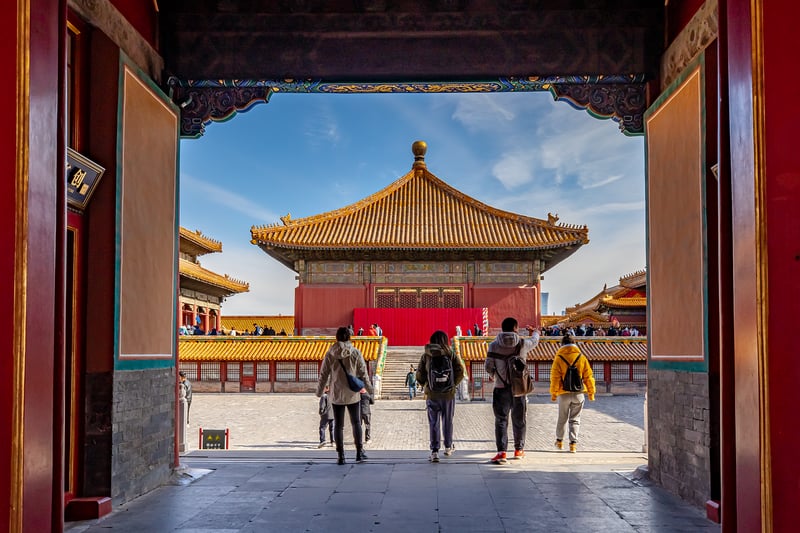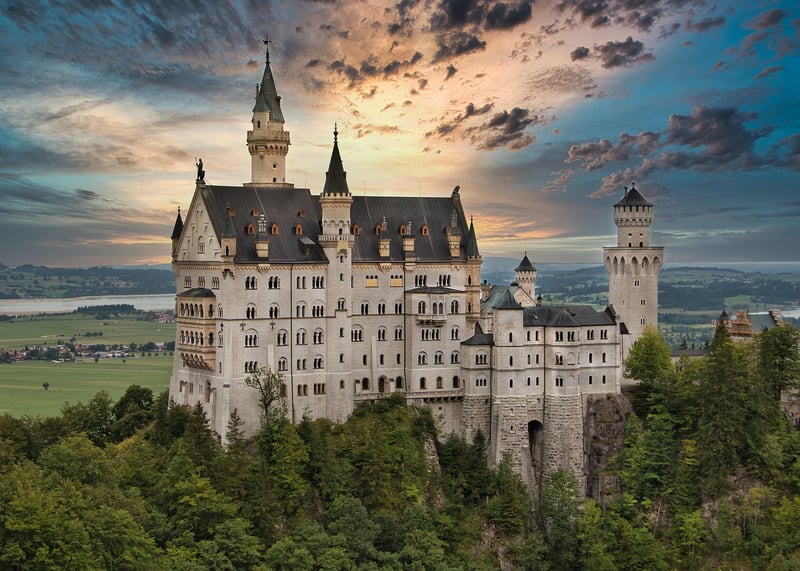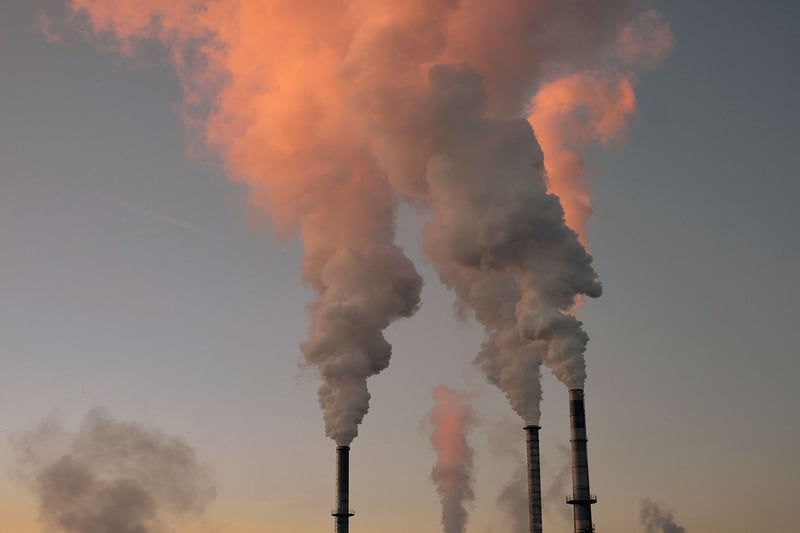Future Dystopian Society
Exploring Different Eras and the Future of Dystopian Society
Throughout history, humanity has experienced various eras, each characterized by unique social, cultural, and technological developments. From ancient civilizations to the modern age, our world has evolved significantly. Additionally, the concept of a dystopian society, often depicted in literature and films, offers a glimpse into a dark and oppressive future. Let's delve into these different eras and explore the potential trajectory of society towards a dystopian future.
Ancient Era
The ancient era, spanning from the emergence of early civilizations to the fall of the Roman Empire, was marked by significant advancements in agriculture, art, and governance. Civilizations such as Mesopotamia, Egypt, and Greece laid the foundations for future societies through their contributions to architecture, philosophy, and law.

Medieval Era
The medieval era, characterized by feudalism, chivalry, and the rise of Christianity, witnessed the construction of magnificent cathedrals, the spread of knowledge through monasteries, and the tumultuous conflicts of the Crusades. It was a time of both cultural flourishing and social upheaval.

Industrial Revolution
The Industrial Revolution brought about a seismic shift in society with the advent of mechanization, urbanization, and mass production. Factories replaced cottage industries, and steam engines powered transportation, leading to rapid urban growth and significant social change.

Modern Era
The modern era, characterized by globalization, technological innovation, and cultural exchange, has transformed the world into a connected global village. Advances in communication, transportation, and medicine have improved the quality of life for many but have also raised concerns about privacy, inequality, and environmental sustainability.

Future Dystopian Society
As we look towards the future, the concept of a dystopian society looms large in popular culture. Dystopian narratives often depict worlds plagued by totalitarian regimes, environmental degradation, technological surveillance, and social inequality. These cautionary tales warn us of the potential consequences of unchecked power, rampant consumerism, and loss of individual freedoms.

By reflecting on the lessons of history and considering the challenges of the present, we can strive to create a future that is equitable, sustainable, and just for all members of society. It is up to us to shape the trajectory of our world and steer it away from the dystopian visions that haunt our imagination.
Let us learn from the past, embrace the opportunities of the present, and work towards a future that is defined by hope, resilience, and collective action.
